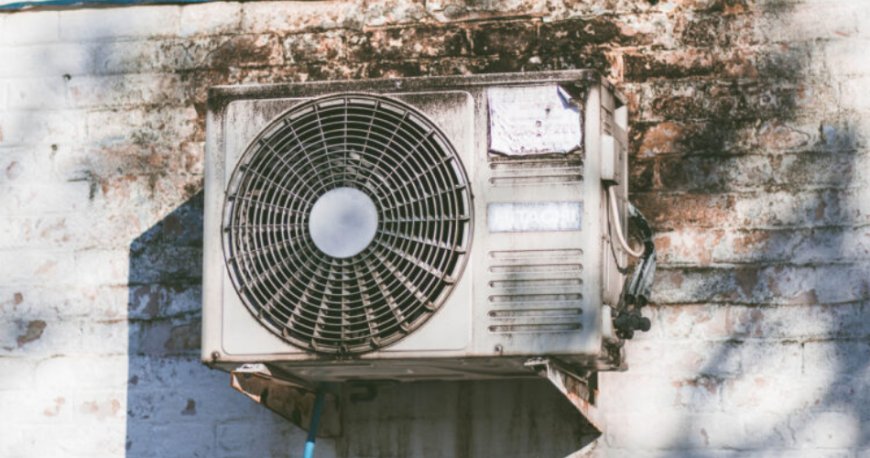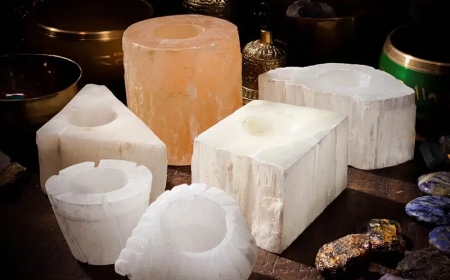How to Extend the Life of Your Heating System with Preventive Care
Learn proven preventive care tips to extend your heating system’s life, improve efficiency, and save on repairs. Keep your home warm and costs down!

Nothing is worse than a heating system failing in the middle of a cold snap. Yet many homeowners overlook simple preventive care that could keep their system running smoothly for years, saving them from emergency repairs and expensive replacements. If you want to keep your home warm efficiently while protecting your budget, learning how to extend the life of your heating system with preventive care is essential.
At Repair My Central Air, we help homeowners maintain reliable heating systems with expert heating services designed to extend system life and improve energy efficiency. By incorporating heating maintenance, HVAC preventive care, and simple at-home routines, you can avoid unnecessary breakdowns while reducing your heating costs throughout the year.
Why Preventive Care Matters for Your Heating System
Your heating system is one of the most expensive and critical systems in your home. Without regular preventive care, small issues like dirty filters, blocked vents, or worn-out components can turn into costly breakdowns, reduced efficiency, and a shorter lifespan for your furnace or heat pump.
Preventive maintenance:
-
Lowers monthly energy bills by improving system efficiency.
-
Prevents unexpected breakdowns during peak winter use.
-
Increases the lifespan of your furnace or heat pump.
-
Helps identify minor issues before they become major repairs.
-
Keeps your indoor air cleaner by reducing dust and pollutants.
Essential Preventive Care Tips to Extend Your Heating Systems Life
1. Change Your Air Filters Regularly
Dirty air filters make your system work harder, reducing efficiency and putting stress on critical components. Check your filter monthly and replace it at least every 1-3 months, depending on your system and household conditions.
2. Keep Vents and Registers Clean and Unblocked
Ensure all vents are open and unobstructed by furniture or rugs to maintain proper airflow throughout your home. Clean the vents regularly to reduce dust accumulation.
3. Schedule Annual Professional Maintenance
Have your heating system professionally inspected and serviced at least once a year before winter. Professional maintenance typically includes:
-
Checking and tightening electrical connections.
-
Inspecting heat exchangers for cracks or leaks.
-
Lubricating moving parts.
-
Calibrating thermostats.
-
Checking system controls.
This preventive tune-up will catch small issues before they lead to a breakdown and keep your system running efficiently.
4. Install a Programmable Thermostat
Using a programmable thermostat allows you to set consistent, energy-efficient heating schedules, reducing strain on your system when heating isnt needed and helping extend its lifespan.
5. Keep the Area Around Your Furnace Clean
Ensure there are no flammable items near your furnace, and keep the area around your system clear for proper airflow and easy access during maintenance.
6. Monitor Your System for Unusual Sounds or Odors
Strange noises like banging, rattling, or grinding can indicate issues that need professional attention. Similarly, unusual odors could signal leaks or component problems that should not be ignored.
7. Seal Leaks in Ductwork
Leaky ducts can cause your heating system to work harder to maintain the desired temperature, leading to wear and higher energy bills. Sealing ducts will improve system efficiency and indoor comfort.
Signs Your Heating System Needs Immediate Attention
Even with preventive care, your system may show signs of trouble that require professional inspection:
-
Inconsistent heating or cold spots in your home.
-
Rising energy bills without increased usage.
-
Frequent cycling on and off.
-
Unusual sounds or burning smells.
-
Yellow pilot light (instead of blue).
If you notice these issues, contact a trusted HVAC professional immediately to prevent further damage.
Benefits of Preventive Care for Your Heating System
Implementing preventive care strategies can provide several benefits:
? Cost Savings: Lower repair costs and extend system replacement timelines.
? Energy Efficiency: Lower monthly utility bills.
? Consistent Comfort: Maintain steady, comfortable indoor temperatures.
? Improved Indoor Air Quality: Cleaner filters and ducts improve air quality.
? Peace of Mind: Reduce the risk of emergency breakdowns in winter.
Additional Tips for Year-Round HVAC Health
-
Use ceiling fans in reverse during winter to distribute warm air evenly.
-
Insulate your home to reduce the heating system workload.
-
Keep your outdoor heat pump unit clear of snow, ice, and debris.
-
Consider enrolling in a heating maintenance plan with your HVAC professional for seasonal inspections and discounts on repairs.
Conclusion
Your heating system is a significant investment, and with consistent preventive care, you can extend its life while saving on repairs and energy bills. From changing filters to scheduling professional tune-ups, these small steps can make a big difference in keeping your system efficient, reliable, and long-lasting.
Ready to take the next step in protecting your heating system? Visit Repair My Central Air to schedule your professional heating maintenance today.
What preventive care routine do you currently use for your heating system, and which tip will you try first this season? Share your thoughts below!































